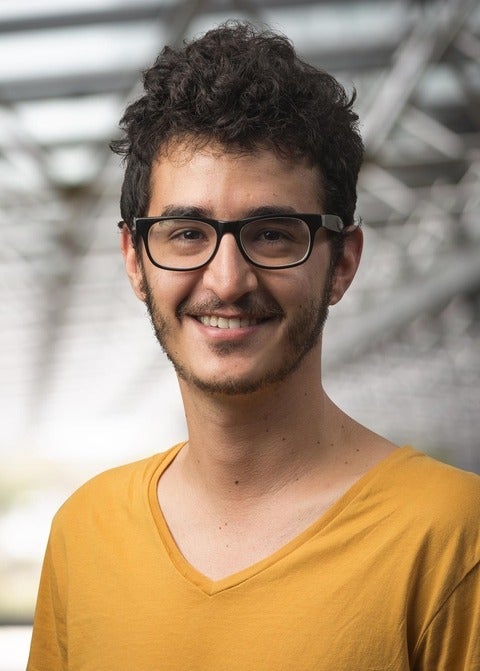Joseph Salfi: Probing quantum superpositions and correlations at the level of single dopant atoms in a semiconductor
Joseph Salfi, University of New South Wales
The behavior of conventional transistors derives from large numbers of acceptor and donor impurities that promote carriers into the valence and conduction bands. More recently, nano-electronic devices based on the bound states of individual dopant impurities in silicon have received considerable attention for quantum computation, due to the long spin coherence times of dopants in silicon. This invariably requires control over dopant wavefunctions and the interactions between individual dopants [1].

 Juan Miguel Arrazola of the Department of Physics and Astronomy will be defending his thesis:
Juan Miguel Arrazola of the Department of Physics and Astronomy will be defending his thesis: